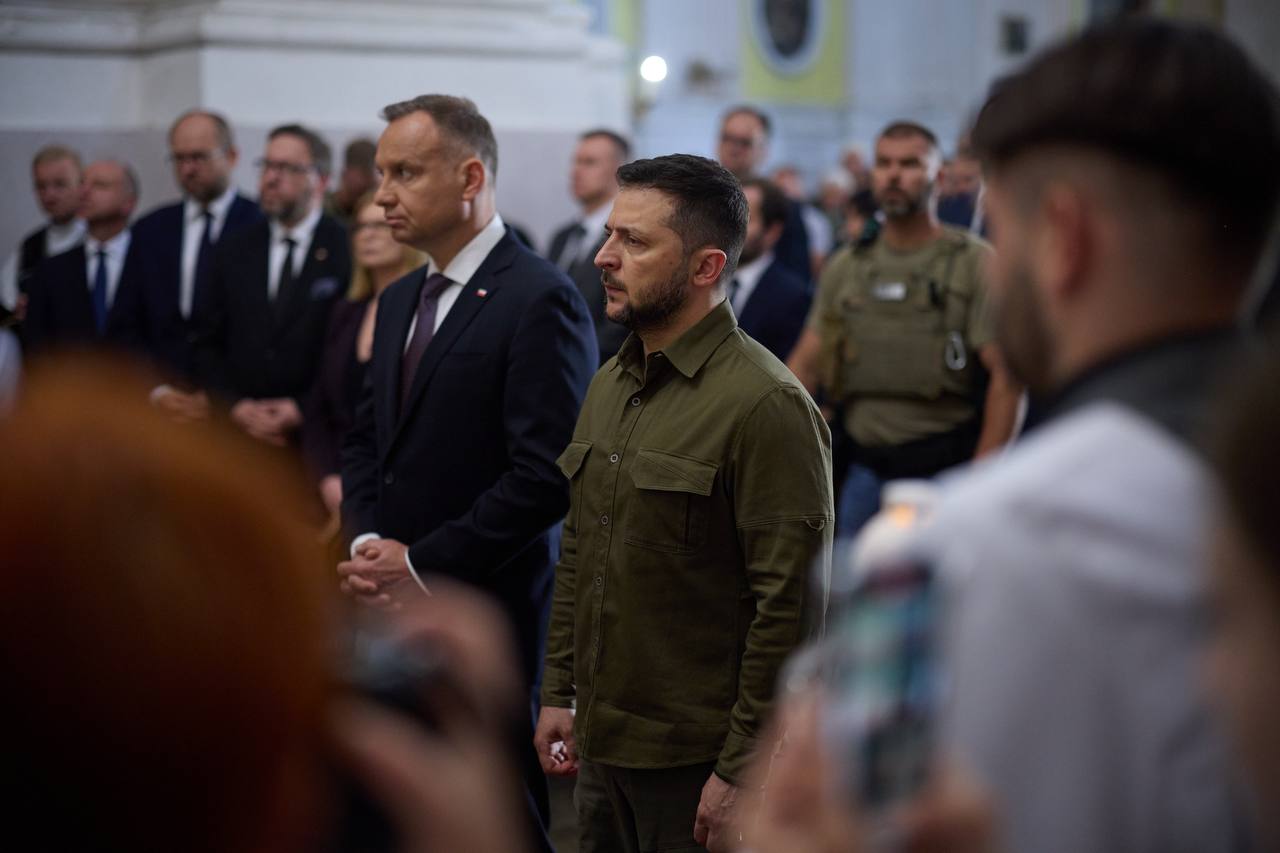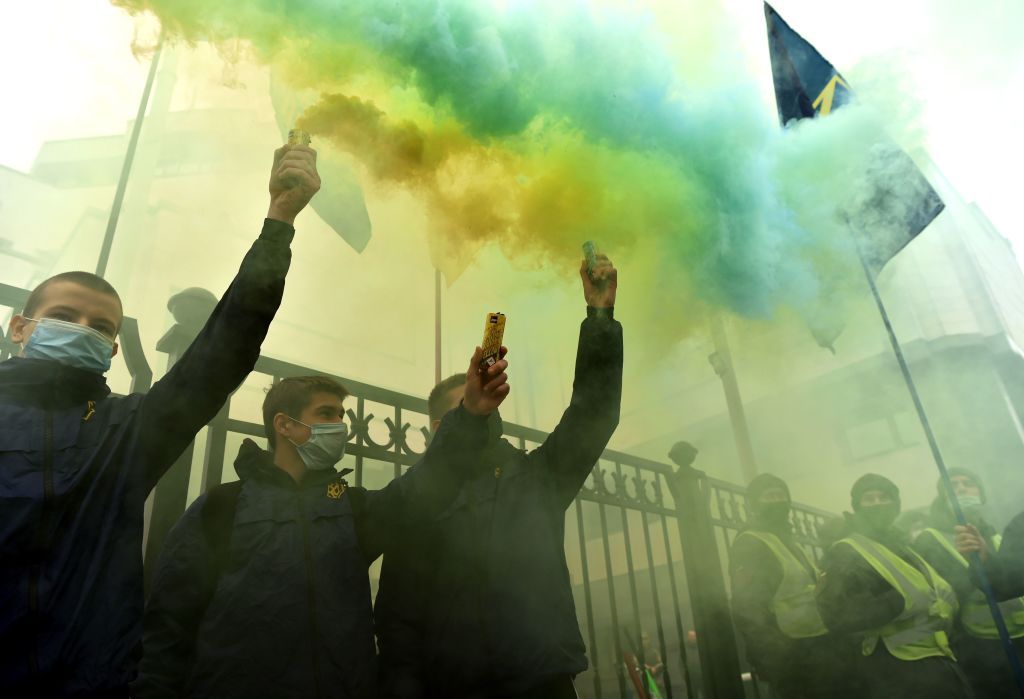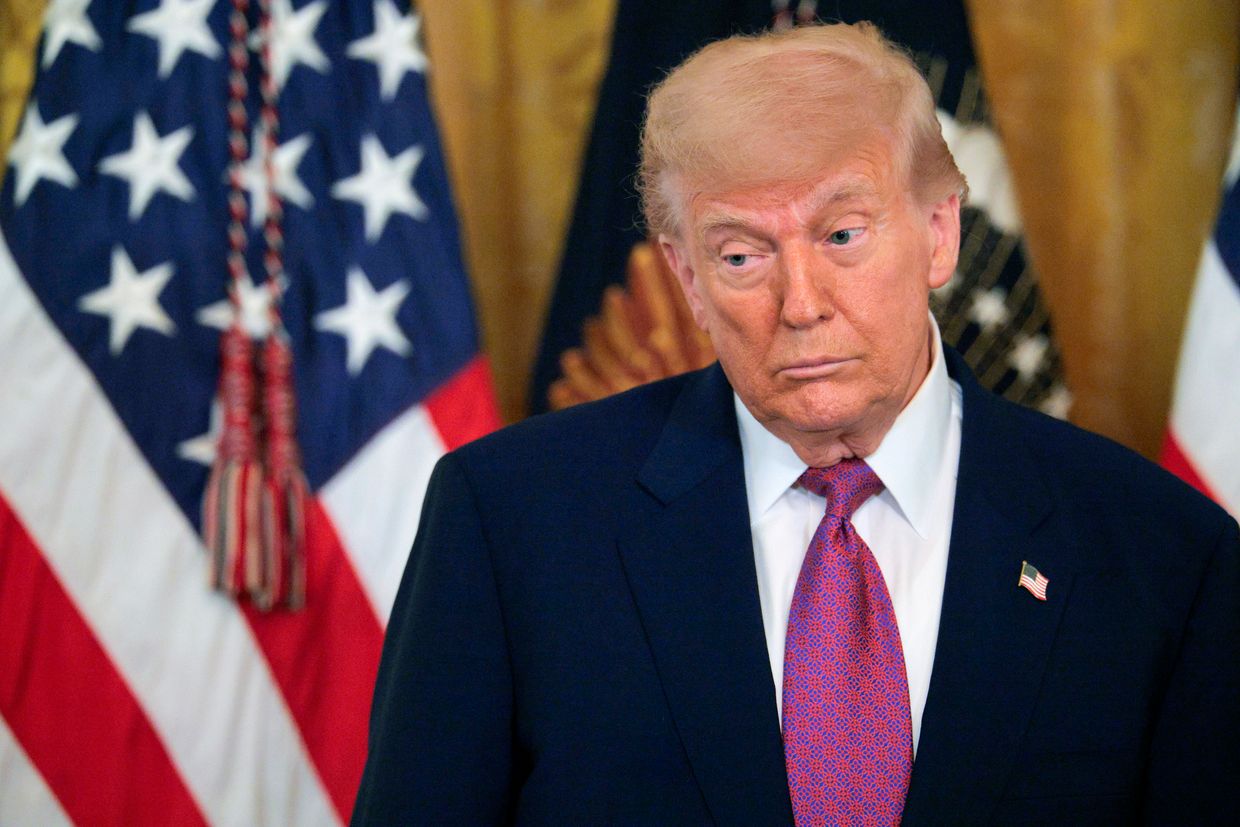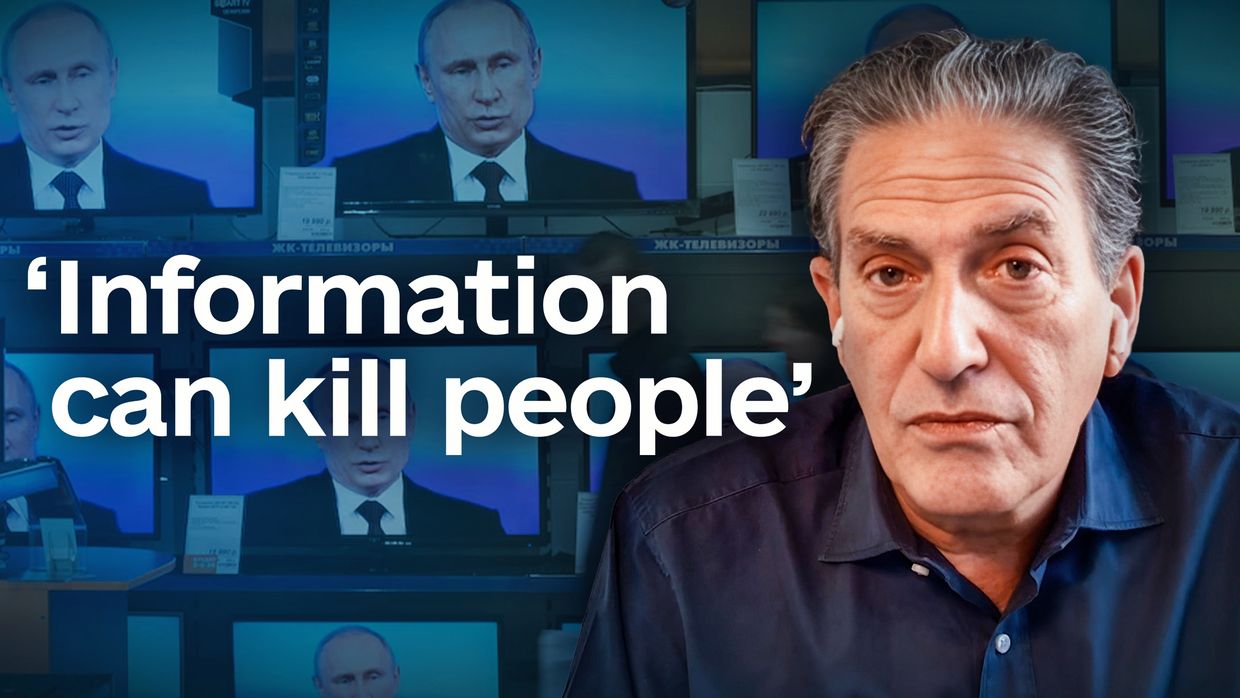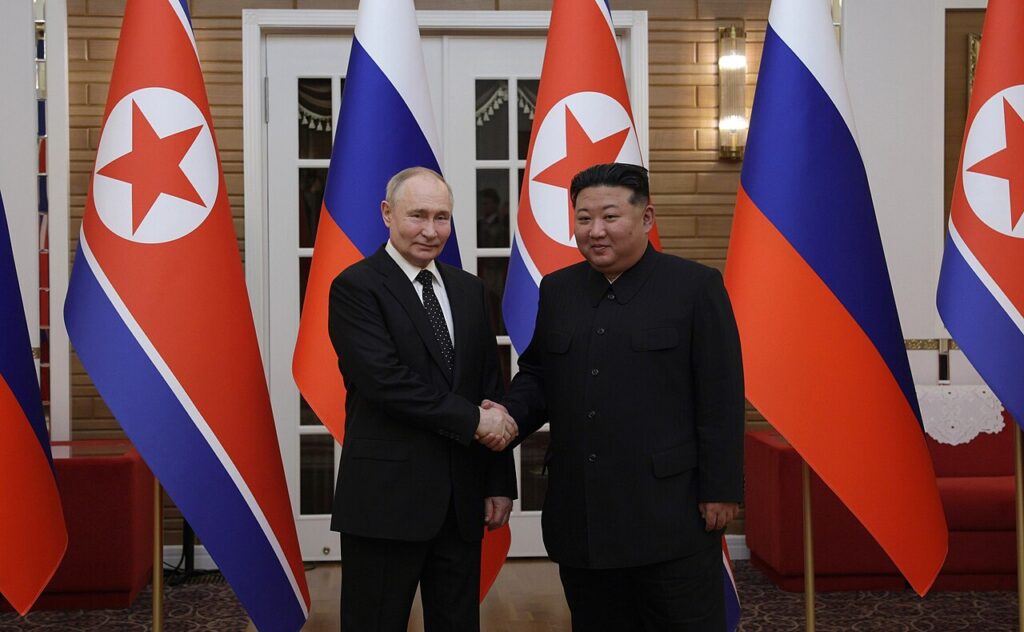
North Korean leader Kim Jong Un and Russian President Vladimir Putin will travel to China to attend next week’s military parade marking the 80th anniversary of the end of World War II, Beijing announced on 28 August. The visit marks Kim’s first trip to China in more than six years.
Assistant Foreign Minister Hong Lei confirmed that 26 world leaders will join Chinese President Xi Jinping at the September 3 event in Beijing, with Russian President Vladimir Putin and Kim Jong Un among the key attendees.
“On the invitation of Chinese President Xi Jinping, 26 foreign leaders will attend the commemorative activities for the 80th anniversary of the victory in the Chinese people’s war of resistance against Japanese aggression and the end of World War II,” Hong said during a briefing in Beijing.
The parade will feature thousands of soldiers marching through Tiananmen Square alongside displays of the People’s Liberation Army’s latest military hardware. Kim’s attendance represents a significant upgrade from North Korea’s previous participation – the country sent senior official Choe Ryong-hae to China’s last Victory Day parade a decade ago.
The gathering will provide a rare opportunity for Xi and Kim to meet in person for the first time since 2019, when Kim visited Beijing and Xi traveled to Pyongyang. The timing comes as traditionally strong China-North Korea ties have shown signs of strain, with analysts noting Pyongyang’s growing strategic alignment with Moscow.
“China and North Korea are friendly neighbors connected by mountains and rivers,” Hong told reporters. “It is the firm position of the [Communist Party] and government to maintain, consolidate and develop the traditional friendship between China and North Korea.”
Hong added that Beijing was willing to work with Pyongyang to “deepen exchanges and cooperation” and “open a new chapter” in bilateral relations. “The world is fraught with turbulence and instability, and the peace deficit continues to grow,” he said. “Safeguarding world peace remains an uphill battle.”
North Korea has moved closer to Russia in recent years, with a Comprehensive Strategic Partnership Treaty taking effect in December that includes a mutual defense pact. The agreement was signed during Putin’s visit to Pyongyang in June last year. North Korea has also deployed troops to fight alongside Russian forces in Ukraine.
The Beijing parade will mark the first time Kim, Putin and Xi appear together in public, presenting what observers see as a show of solidarity against US pressure. Western countries have expressed concerns about the deepening strategic alignment between the three nations.
Among European leaders, only Serbian President Aleksandar Vučić and Slovak Prime Minister Robert Fico will attend. Both previously participated in Russia’s Victory Day parade in Moscow in May, which Xi attended but Kim did not.
Other confirmed attendees include leaders from Indonesia, Malaysia, Vietnam, Cambodia, Laos, Myanmar, and presidents from all five Central Asian countries. Indian Prime Minister Narendra Modi will not attend the parade but will participate in the Shanghai Cooperation Organisation summit in nearby Tianjin on Sunday and Monday – his first China visit in seven years.
“The collective rise of the Global South is fundamentally reshaping the world landscape,” Hong said. “It is no longer a silent majority or a vast expanse of underdevelopment, but now represents an awakened new force and fresh hope for change in this once-in-a-century transformation.”
Ukrainian intelligence estimates that North Korea has sent 20,000 to 30,000 troops to assist Russia, though Western diplomats suggest the actual number may be smaller. Kyiv has repeatedly accused China of supplying Russia with defense components while North Korea has become Moscow’s primary source of artillery shells and ballistic missiles.
The Beijing gathering occurs as the Trump administration seeks to broker negotiations between Russia and Ukraine, with Washington reportedly working to arrange direct talks between President Volodymyr Zelenskyy and Putin.


